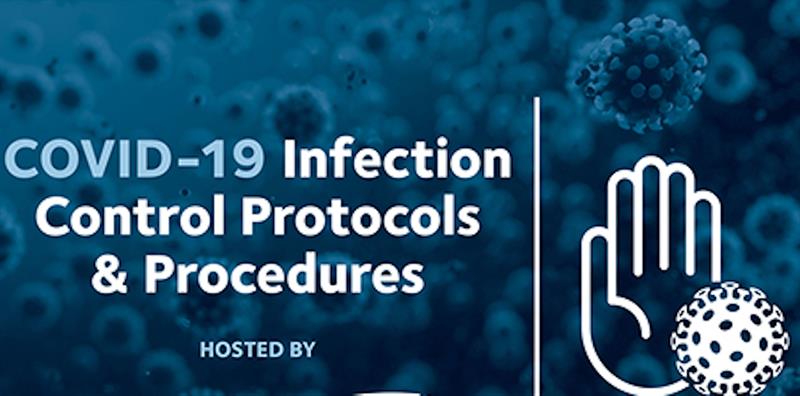RESIDENTS URGED TO ADHERE TO PHYSICAL DISTANCING MEASURES AND THE USE OF A FACE MASK OR SCARF.
 As of May 11, 2020 the World Health Organization reported a total of 4, 006, 257 confirmed cases of COVID-19 globally with 278,892 deaths. There are now 1, 702, 451 confirmed cases in the region of the Americas. The affected countries within the region include Dominican Republic (10,347), Haiti (151), Barbados (84), Jamaica (498), Cuba (1,766), Dominica (16), Grenada (21), Trinidad and Tobago (116), Guyana (97), Antigua and Barbuda (25), Saint Vincent and Grenadines (17) and Martinique (187).
As of May 11, 2020 the World Health Organization reported a total of 4, 006, 257 confirmed cases of COVID-19 globally with 278,892 deaths. There are now 1, 702, 451 confirmed cases in the region of the Americas. The affected countries within the region include Dominican Republic (10,347), Haiti (151), Barbados (84), Jamaica (498), Cuba (1,766), Dominica (16), Grenada (21), Trinidad and Tobago (116), Guyana (97), Antigua and Barbuda (25), Saint Vincent and Grenadines (17) and Martinique (187).
As of May 12, 2020 Saint Lucia has recorded a total of 18 confirmed cases of COVID-19. Seventeen are fully recovered and have reintegrated into their communities and one active case is currently in hospital care and recovering well. On Tuesday, May 12, 2020 the Department of Health and Wellness received into quarantine 20 Saint Lucians who are cruise ship workers on the Carnival Glory. These nationals shall be in quarantine for a period of 14 days as per the country’s established protocol. Over the next few weeks we will continue to receive other Saint Lucian cruise workers and eventually our returning nationals.
The Department of Health and Wellness implores everyone to cooperate during the current phased reopening of the country which commenced from Monday, April 13, 2020. The Department makes an urgent plea to community members to adhere to the recommended 6-foot physical distancing measures and the use of a face mask or scarf. We do not see compliance at the level of the communities. Saint Lucia is still at a very critical position in the response to the national COVID-19 threat. To this end, we appeal to the public to adhere to those measures.
By maintaining the recommended 6ft distance, you reduce the likelihood of getting infected or spreading the virus when people around you may cough, sneeze or make physical contact. The face mask or scarf should be used for source control by reducing the potential exposure risk from infected persons during the “pre-symptomatic” period. For face masks to be effective in reducing infection, they must be used properly. Some basic guidelines include: - Ensure the mask is clean before use. - Wash hands with soap and water or alcohol based hand sanitizer before touching mask. - The mask should be held by the ties or the loops only. These measures, if adhered to by each and every individual, shall significantly slow down the spread of COVID-19. On its own, the virus is unable to spread, rather people spread the virus. As such, by remaining at home, avoiding mass crowd activities, the potential of an outbreak of COVID-19 is significantly reduced.
Although keeping these physical distance measures and wearing a face mask may be challenging for some and very different from what we know to be normal within the communities, its benefit in preventing of local transmission surpasses any inconveniences we face. We continue to advise the public to focus on the maintenance of standard recommendations to prevent the spread of infection. These include: - regular hand washing with soap and water or alcohol based hand sanitizer where soap and water is not available. - cover mouth and nose with disposable tissues or clothing when coughing and sneezing. - avoid close contact with anyone showing symptoms of respiratory illness such as coughing and sneezing. - seek medical attention if you are experiencing respiratory signs and symptoms.
The Department of Health asks you, the public to boost your immune system by ensuring you are eating healthy while at home. That includes a diet made up of fruits and vegetables and also to get the necessary exercise at home and in your yard. Keeping a good immune system will reduce possible chances of developing COVID-19 if you were in contact with someone who has it.
The Department of Health and Wellness will continue providing regular updates on COVID-19. For more information please contact the Office of the Chief Medical Officer or the Epidemiology Unit, at 468-5309/468-5317 respectively.